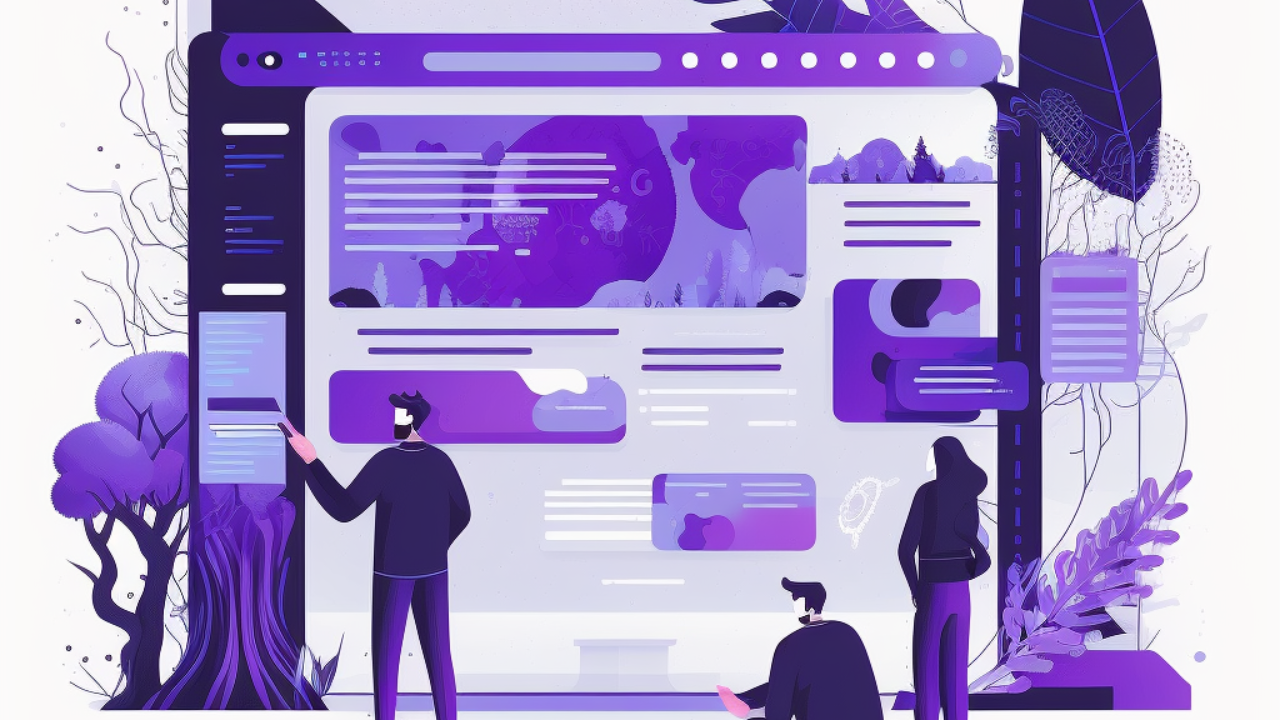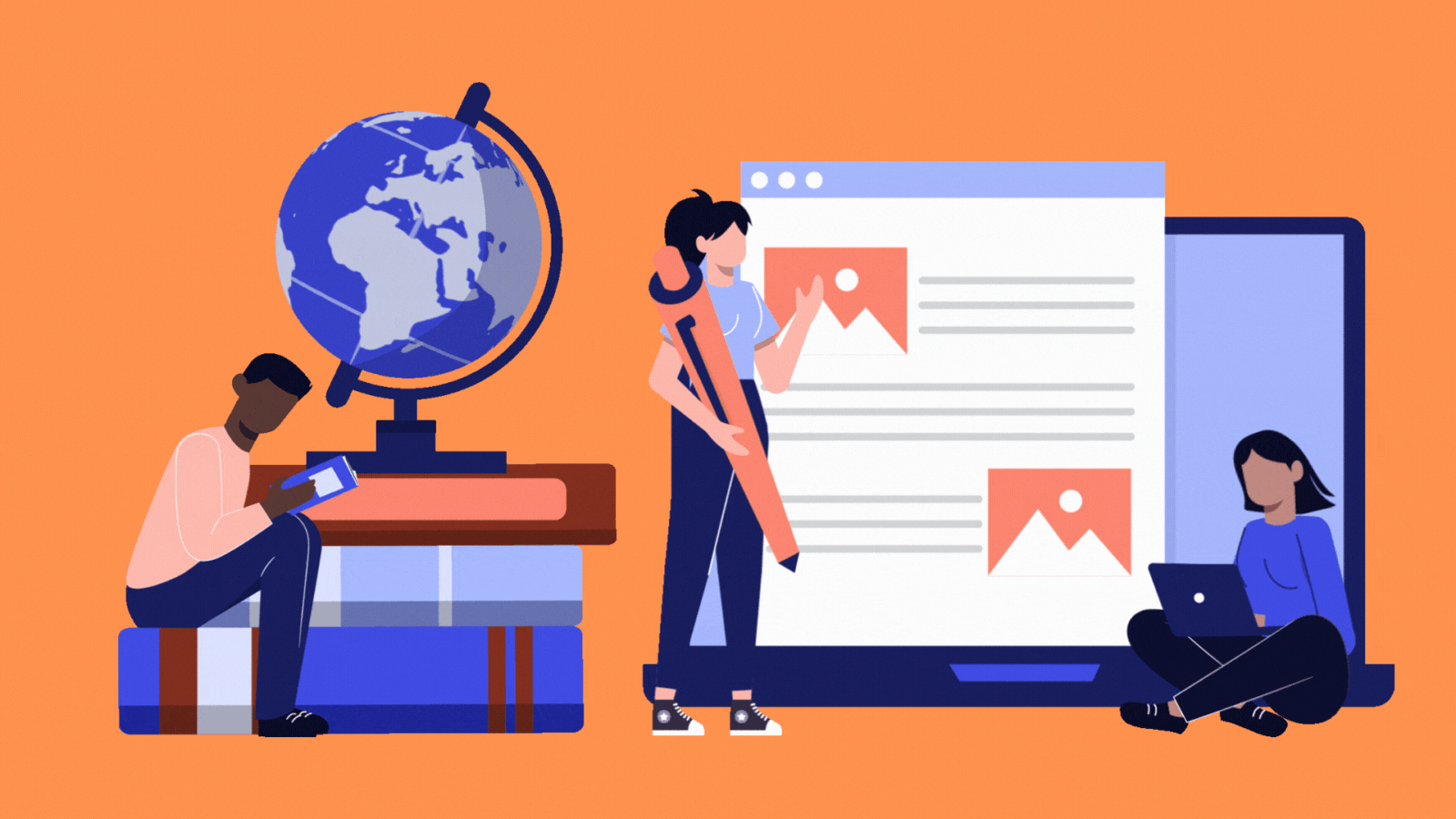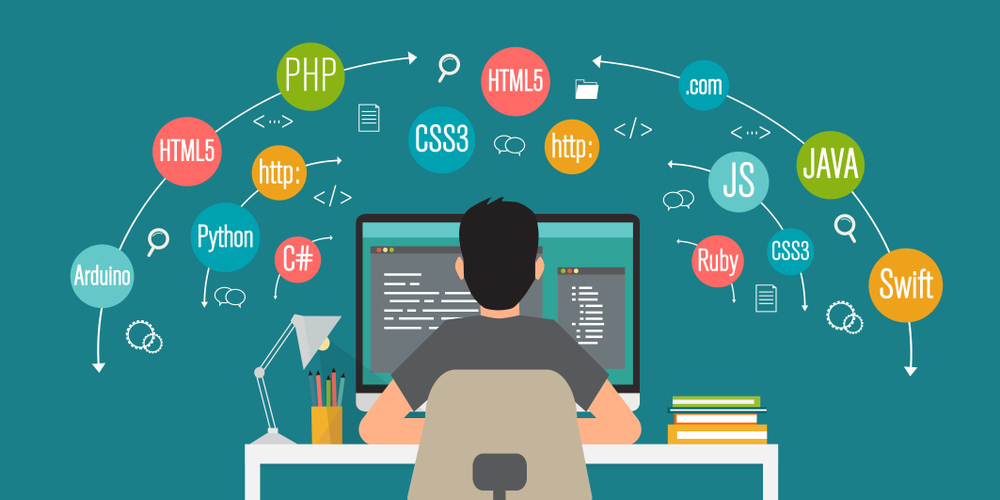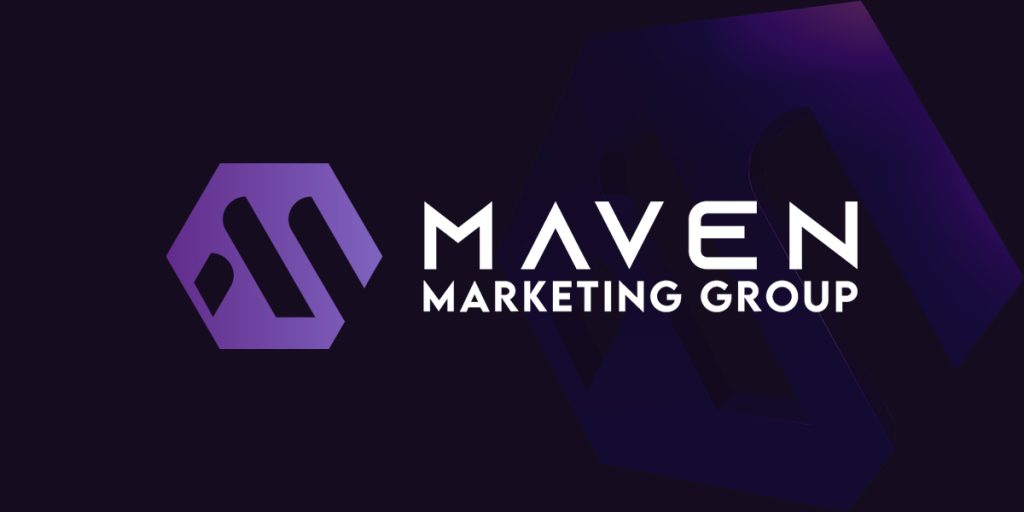
While self-education offers unique advantages, formal education also has its own set of benefits and limitations.
Let’s explore them:
Benefits of Formal Education
Formal education provides a structured learning environment with a predetermined curriculum and qualified instructors.
Here are some of the advantages of formal education:
Structured Learning
Formal education offers a structured learning experience with a clear curriculum and learning objectives.
This structure provides a roadmap for students, ensuring that they acquire the necessary knowledge and skills within a specific timeframe.
The structured nature of formal education can be beneficial for individuals who prefer a more guided learning experience.
Employment Opportunities
In many industries, a formal degree or qualification is still a requirement for securing certain job positions.
While the value of a degree is changing in some fields, many companies still consider a master’s degree or formal education as an essential criterion for employment.
Having a degree can open doors to expand job options and increase your chances of getting hired.
Access to Resources and Facilities
Universities and educational institutions often have access to state-of-the-art facilities, research resources, and specialized equipment.
A formal university education provides opportunities for hands-on learning, practical experience, and exposure to cutting-edge technology.
This access to resources can enhance the learning experience and offer a competitive edge in the job market.
Networking and Collaboration
Formal education offers opportunities for networking and collaboration with peers, professors, and industry professionals.
Making connections with people can help your future career.
It might help you find jobs, get advice from experienced people, and grow professionally.
Collaborative projects and group work in formal education can also enhance teamwork and communication skills.
Credentials and Recognition
Formal education provides documented proof of your qualifications and achievements, which can be valuable in the job market.
Employers often value degrees and certifications as a measure of competence and dedication.
Formal education can provide a sense of validation and recognition for your skills and knowledge.
Limitations of Formal Education
While formal education offers many advantages, it also has limitations that should be considered:
Lack of Flexibility
Formal education follows a predetermined curriculum and timetable, leaving little room for customization or flexibility.
Students must adhere to the set schedule and complete the required courses, which may not align with their individual learning preferences or goals.
This lack of flexibility can be a problem for people who like learning in their own way.
High Costs
Formal education can be expensive, with tuition fees, textbooks, and other expenses adding up.
The cost of obtaining a degree or qualification can be a vital barrier for many individuals, limiting their access to higher education.
The financial burden of formal education can also lead to student debt, which can take years to repay.
Focus on Theory over Practical Skills
Formal education often places more emphasis on theoretical knowledge rather than practical skills.
While theoretical knowledge is important, many employers value practical, hands-on experience and skills that can be directly applied in the workplace.
The gap between theory and practice in formal education can sometimes hinder graduates’ ability to transition smoothly into the workforce.
Limited Scope and Outdated Content
Formal education can sometimes have a limited scope, focusing on specific subjects and neglecting interdisciplinary or emerging fields.
The curriculum and content may also become outdated, as educational institutions may struggle to keep pace with rapidly evolving industries and technologies.
This can lead to a situation where the skills learned in school don’t match what employers are looking for in the real market.
















